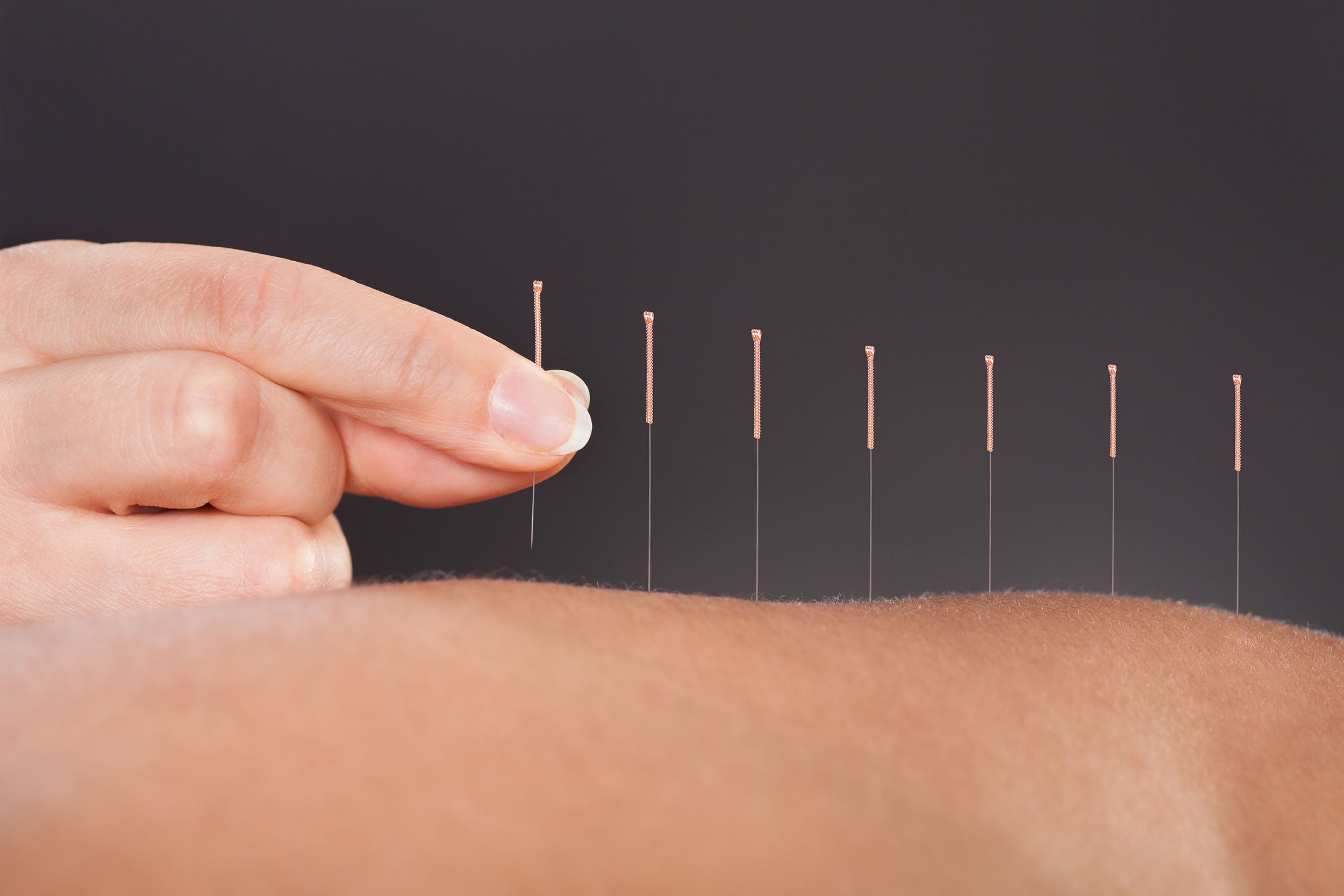Are There Any Risks Of Using Acupuncture For Anxiety?

Acupuncture has gained popularity as a holistic approach to managing various health conditions, including anxiety. While it’s touted for its effectiveness and minimal side effects, it’s essential to understand the potential risks associated with this ancient therapy, particularly concerning anxiety treatment.
Understanding the Risks
Acupuncture involves the insertion of thin needles into specific points on the body to stimulate energy flow and promote healing. While generally considered safe when performed by a qualified practitioner, there are some risks to be aware of, especially for individuals with anxiety disorders.
1. Adverse Reactions
Some people may experience mild side effects following acupuncture, such as:
- Bruising: The insertion of needles may occasionally cause bruising or soreness at the acupuncture sites.
- Fatigue: After a session, individuals may feel tired or lethargic, which can temporarily exacerbate anxiety symptoms.
2. Psychological Effects
While acupuncture is intended to alleviate anxiety, some individuals may experience heightened anxiety during or after treatment. This reaction is relatively rare but can occur due to various factors, including:
- Needle Phobia: Fear of needles (trypanophobia) can trigger anxiety attacks or panic responses during acupuncture sessions.
- Emotional Release: Acupuncture may sometimes release suppressed emotions or trauma, leading to temporary feelings of anxiety or distress.
3. Infection and Injury
Although rare, there is a minimal risk of infection or injury associated with acupuncture. These risks are typically mitigated by using sterile needles and adhering to proper hygiene practices. However, individuals with compromised immune systems or bleeding disorders should exercise caution when undergoing acupuncture therapy.
Minimizing Risks
While the risks of acupuncture for anxiety are generally low, there are several steps you can take to minimize potential adverse effects:
- Choose a Qualified Practitioner: Ensure that your acupuncturist is licensed, experienced, and reputable. Verify their credentials and inquire about their training and experience in treating anxiety.
- Communicate Openly: Discuss any concerns or preexisting conditions with your acupuncturist before treatment. This includes anxiety disorders, needle phobias, and medical histories.
- Follow Recommendations: Adhere to any pre- or post-treatment instructions provided by your acupuncturist. This may include avoiding caffeine or alcohol before sessions and staying hydrated afterward.
- Monitor Your Reactions: Pay attention to how your body responds to acupuncture treatment. If you experience significant discomfort, anxiety, or adverse effects, communicate this with your practitioner immediately.
Conclusion
While acupuncture offers promising benefits for anxiety relief, it’s essential to weigh the potential risks against the rewards. By choosing a qualified practitioner, communicating openly, and monitoring your reactions, you can minimize the likelihood of adverse effects and optimize the therapeutic benefits of acupuncture for anxiety management.


